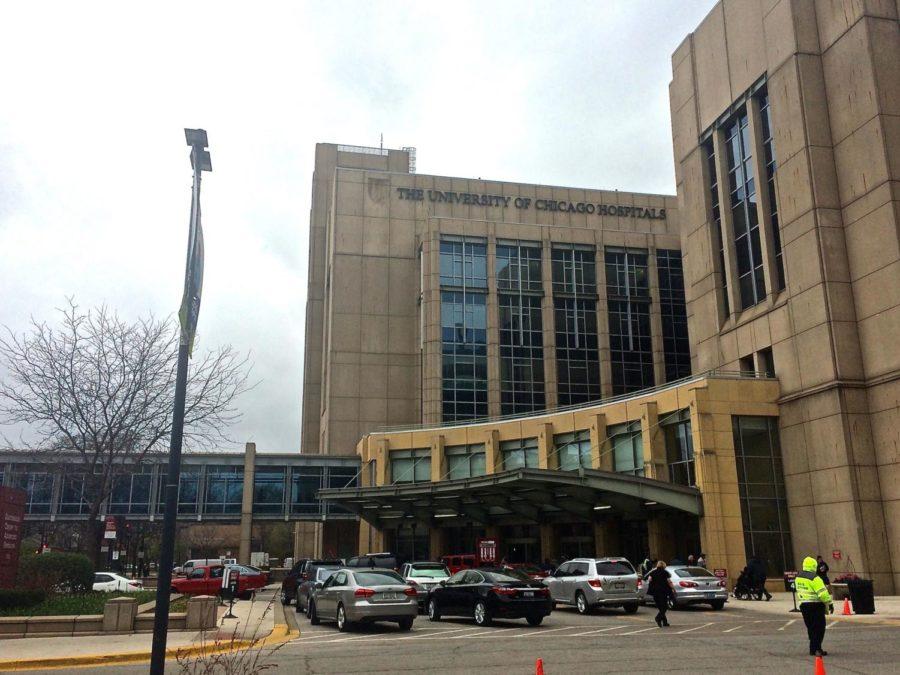UChicago Medicine (UCM) last Monday released its fifth Community Benefit Report, which detailed an 18 percent increase in contributions to the South Side in comparison to last year. UCM funded beneficiary South Side medical programs and employed community benefit health workers.
In addition to the 18 percent contribution increase, the report lists several other improvements UCM has made over the year. The number of licensed beds, emergency room visits, employee staffing, nurse staffing, and the number of general admissions have all increased.
According to the report, UCM invested a total of $372 million in the 2015 fiscal year. The funds were directed toward six high-priority health care areas, determined by a Community Health Needs Assessment. During the assessment, a wide sample of community residents, public leaders, and physicians were interviewed to gauge the health conditions of the South Side, and what they thought could be improved. UCM compiled health statistics from external sources as well.
The six high-priority health care areas are adult diabetes, prostate and breast cancer, pediatric obesity, pediatric asthma, violence prevention and trauma care, and HIV and STIs. According to Brenda Battle, vice president of UCM’s Urban Health Initiative (UHI) department, the targeted health care area system is extremely effective.
“We have focused our programming on working with organizations that either deliver direct services to address those [community] issues or deliver programs that address the social determinants [and] environmental factors that create, cause or contribute to these six health issues,” Battle said.
In addition to partnering with community organizations, UCM also employs and trains workers dedicated solely to civic work.
Battle believes that the workers’ familiarity with the community gives them an innate advantage toward being implementing beneficial programming. The strategy is a common one in community benefit programs across the country.
“There’s lots to do in the community of the South Side of Chicago, there’s great need, and we’re committed to being there, to address those needs with the community and community partners,” Battle said.









